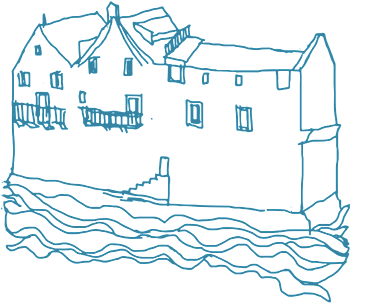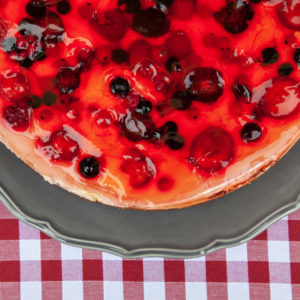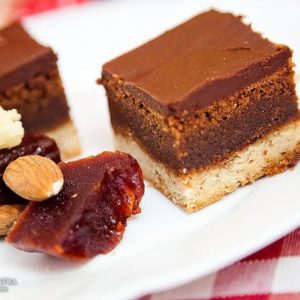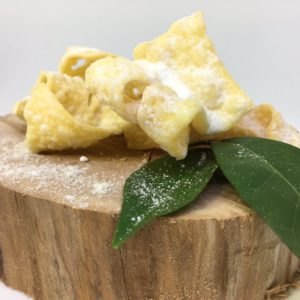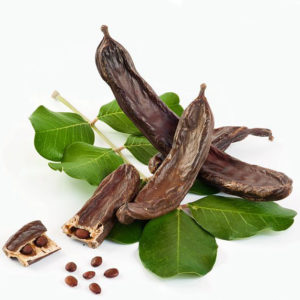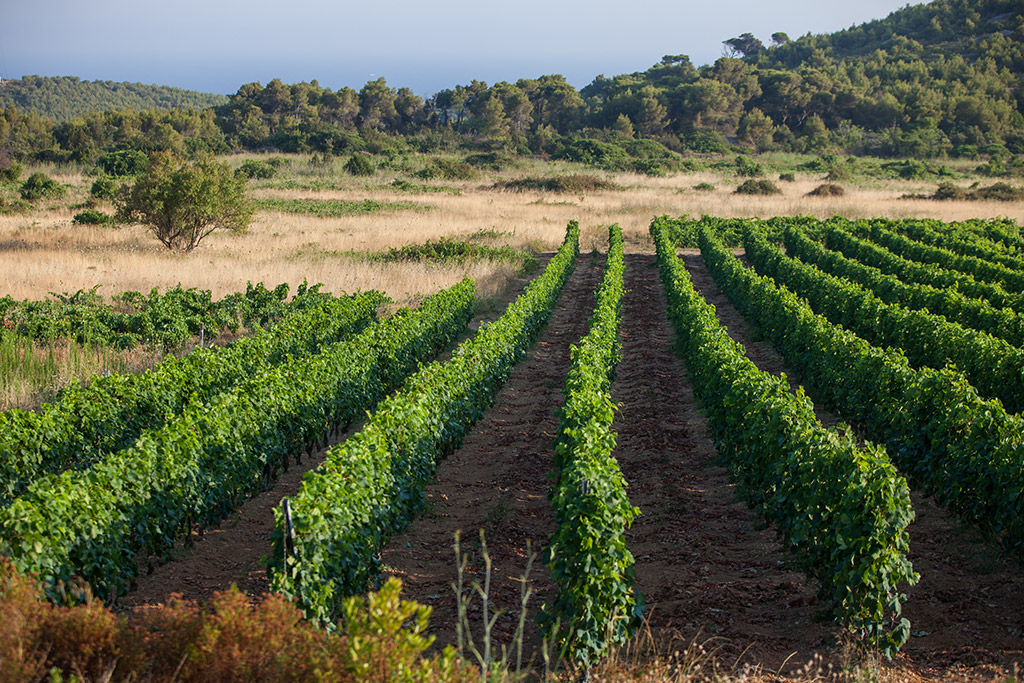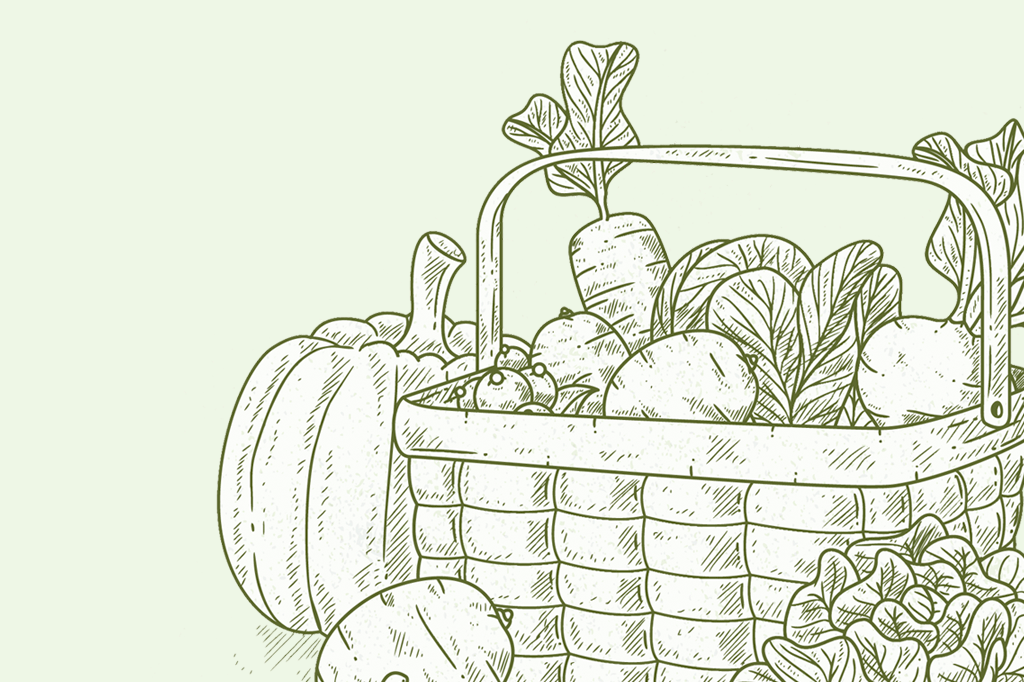The flavours and aromas of original local pastries conquer the soul and the body, and turn dining into a true experience and delight
Cviti
Cviti are cookies known to every home in towns of Komiža and Vis – a dry, crispy, long-lasting biscuit, named after forms that represent stylized flower petals (cviti = flowers). They are traditionally prepared for festive occasions, and there is no wedding or any other celebration on the island without cviti. With their unique fragility and aroma of fennel, they sweeten the mouth, and when dipped in Prošek (a sweet dessert wine), they deliciously melt under the tongue.
Hroštule
Hroštule are traditional deep-fried thin pastry and an inevitable dessert on the island of Vis. They can be seen on the table during weddings and other festive occasions.
These tasty sweets are very quick and easy to prepare. They are made from a dough flavoured with limoncello (or some other liqueur). The dough is cut into thin strips and fried in a deep oil and then sprinkled with powdered sugar.
Hroštule will give you an authentic experience of Dalmatian cuisine with a mild Mediterranean flavour.
Carob cakes and liqueurs
Carob is an extremely healthy food rich in calcium, potassium and copper. Contains vitamin B and vitamin E, iron, magnesium, phosphorus. Legumes contain seeds that, regardless of size and storage conditions, always have the same mass – exactly 0.18 grams. In ancient times, carob seeds were used for weighing gold, and this name for a unit of gold of 0.18 grams has remained constant ever since – a carat.
The carob is so nutritious that you could live on it for months. It was the Phoenicians who fed their galley slaves on carob to be durable – they brought it to the Mediterranean and to the island of Vis. The carob is a very old and prized fruit species, which is commonly used in the form of carob flour.
Carob pods are also used to make carob brandy – Rogačica, which is a prized sweet liquor. The seeds are used for preserving baby food, in the pharmaceutical industry and for tanning. The carob is used for making chocolate, candy, biscuits, cakes, various sweets and serves as a glue.
Komiža has been processing carob for more than 50 years, and even today there is a carob mill – the only one in Croatia – with a capacity of 1000 kg per day. Komiža has centuries-old plantations of carob, this carob is an autochthonic/native variety, known for its quality.
The use of carob flour for making cakes is definitely a great idea because it gives the perfect aroma and taste to the desserts. When you come to the island of Vis be sure to look for a range of carob products. In Komiža you can find and buy a large selection of sweets and carob beverages.
